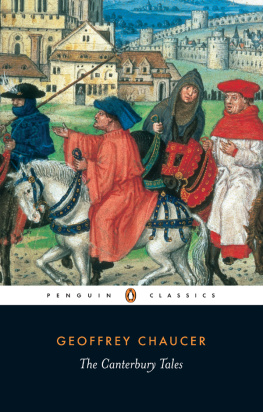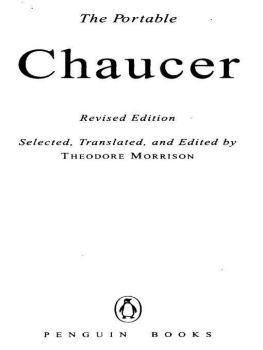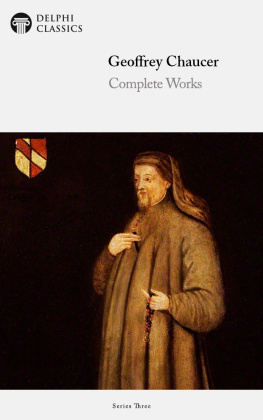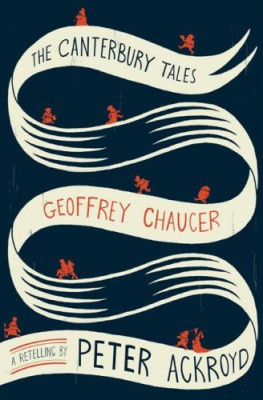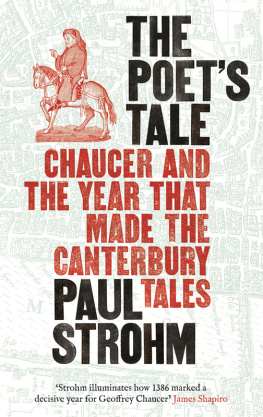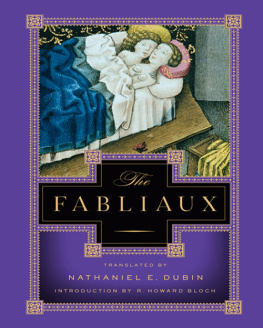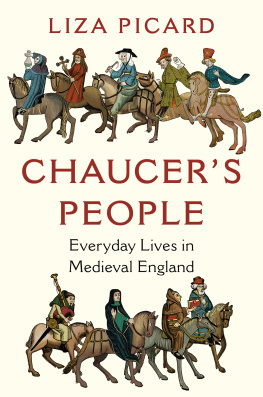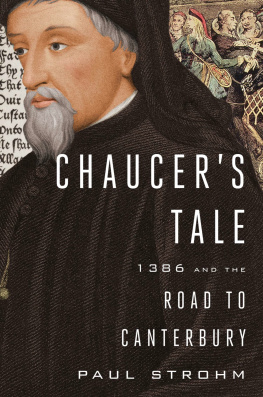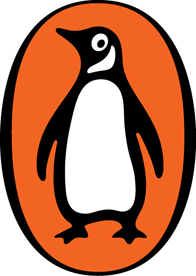Let the conversation begin... Follow the Penguin Twitter.com@penguinukbooks Keep up-to-date with all our stories YouTube.com/penguinbooks Pin Penguin Books to your Pinterest Like Penguin Books on Facebook.com/penguinbooks Find out more about the author and
PENGUIN BOOKS
Published by the Penguin Group
Penguin Books Ltd, 80 Strand, London WC2R 0RL , England
Penguin Group (USA) Inc., 375 Hudson Street, New York, New York 10014, USA
Penguin Group (Canada), 90 Eglinton Avenue East, Suite 700, Toronto, Ontario, Canada M4P 2Y3 (a division of Pearson Penguin Canada Inc.)
Penguin Ireland, 25 St Stephens Green, Dublin 2, Ireland (a division of Penguin Books Ltd)
Penguin Group (Australia), 707 Collins Street, Melbourne, Victoria 3008, Australia (a division of Pearson Australia Group Pty Ltd)
Penguin Books India Pvt Ltd, 11 Community Centre, Panchsheel Park, New Delhi 110 017, India
Penguin Group (NZ), 67 Apollo Drive, Rosedale, Auckland 0632, New Zealand (a division of Pearson New Zealand Ltd)
Penguin Books (South Africa) (Pty) Ltd, Block D, Rosebank Office Park, 181 Jan Smuts Avenue, Parktown North, Gauteng 2193, South Africa Penguin Books Ltd, Registered Offices: 80 Strand, London WC2R 0RL , England www.penguin.com This translation first published 1951
Revised 1958 Copyright 1951 by Nevill Coghill
Copyright Nevill Coghill, 1958, 1960, 1975, 1977 The dramatic rights in Nevill Coghills translation are held by Martin Starkie and handled by Classic Presentations Ltd. c/o A G Mead, Adam House, 1 Fitzroy Square, London, WIT 5HE. Dates and places of contemplated performances must be precisely stated in all applications. Cover: Detail from illustration of the Prologue to
The Canterbury Tales from
The Siege of Thebes (c. 1455/62) by John Lydgate, English Illumination (photo: AKG London/ British Library) All rights reserved ISBN: 978-0-718-19374-4 PENGUIN CLASSICS
THE CANTERBURY TALES
Geoffrey Chaucer was born in London, the son of a vintner, in about 1342.
He is known to have been a page to the Countess of Ulster in 1357, and Edward III valued him highly enough to pay a part of his ransom in 1360, after he had been captured fighting in France. It was probably in France that Chaucers interest in poetry was first aroused. Certainly he soon began to translate the long allegorical poem of courtly love, the Roman de la Rose. His literary experience was further increased by visits to the Italy of Boccaccio on the Kings business, and he was well-read in several languages and on many topics, such as astronomy, medicine, physics and alchemy. Chaucer rose in royal employment, and became a knight of the shire for Kent (13856) and a Justice of the Peace. A lapse of favour during the temporary absence of his steady patron, John of Gaunt (to whom he was connected by his marriage), gave him time to begin organizing his unfinished Canterbury Tales.
Later his fortunes revived, and at his death in 1400 he was buried in Westminster Abbey. The order of his works is uncertain, but they include The Book of the Duchess, The House of Fame, The Parliament of Fowls, Troilus and Criseyde and a translation of Boethius De Consolatione Philosophiae. Professor Nevill Coghill held many appointments at Oxford University, where he was Merton Professor of English Literature from 1957 to 1966, and later became Emeritus Fellow of Exeter and Merton Colleges. He was born in 1899 and educated at Haileybury and Exeter College, Oxford, and served in the Great War after 1917. He wrote several books on English Literature, and had a keen interest in drama, particularly Shakespearean. For many years he was a strong supporter of the Oxford University Dramatic Society, and produced plays in London and Oxford.
The book of the musical play, Canterbury Tales, which ran at the Phoenix Theatre, London, from 1968 to 1973 was co-written by Nevill Coghill in collaboration with Martin Starkie who first conceived the idea and presented the original production. His translation of Chaucers Troilus and Criseyde into modern English is also published in the Penguin Classics. Professor Coghill, who died in November 1980, will perhaps be best remembered for this translation which has become an enduring bestseller. FOR Richard Freeman Brian Ball Glynne Wickham Peter Whillans Graham Binns I have translated some parts of his works, only that I might perpetuate his memory, or at least refresh it, amongst my countrymen. If I have altered him anywhere for the better, I must at the same time acknowledge, that I could have done nothing without him . J OHN DRYDEN on translating Chaucer
Preface to the Fables
1700 And such as Chaucer is, shall Dryden be. ALEXANDER POPE
Essay on Criticism
1711
Introduction
I
Chaucers Life
Geoffrey Chaucer was born about the year 1342; the exact date is not known. His father, John, and his grandfather, Robert, had associations with the wine trade and, more tenuously, with the Court.
John was Deputy Butler to the King at Southampton in 1348. Geoffrey Chaucers mother is believed to have been Agnes de Copton, niece of an official at the Mint. They lived in London in the parish of St Martins-in-the-Vintry, reasonably well-to-do but in a humbler walk of life than that to be adorned so capably by their brilliant son. It is thought that Chaucer was sent for his early schooling to St Pauls Almonry. From there he went on to be a page in the household of the Countess of Ulster, later Duchess of Clarence, wife of Lionel the third son of Edward III. The first mention of Geoffrey Chaucers existence is in her household accounts for 1357.
She had bought him a short cloak, a pair of shoes, and some parti-coloured red and black breeches. To be a page in a family of such eminence was a coveted position. His duties as a page included making beds, carrying candles, and running errands. He would there have acquired the finest education in good manners, a matter of great importance not only in his career as a courtier but also in his career as a poet. No English poet has so mannerly an approach to his reader. As a page he would wait on the greatest in the land.
One of these was the Duke of Lancaster, John of Gaunt; throughout his life he was Chaucers most faithful patron and protector. In 1359 Chaucer was sent abroad, a soldier in the egg, on one of those intermittent forays into France that made up so large a part of the Hundred Years War. He was taken prisoner near Rheims and ransomed in the following year; the King himself contributed towards his ransom. Well-trained and intelligent pages did not grow on every bush. It is not known for certain when Chaucer began to write poetry, but it is reasonable to believe that it was on his return from France. The elegance of French poetry and its thrilling doctrines of Amour Courtois seem to have gone to his impressionable, amorous, and poetical heart.
He set to work to translate the gospel of that kind of love and poetry, the

